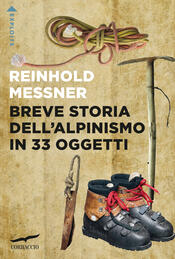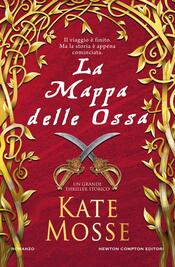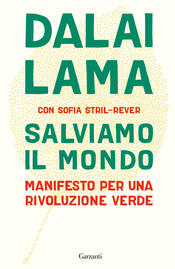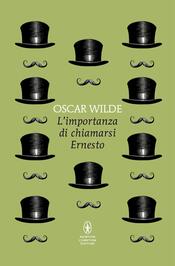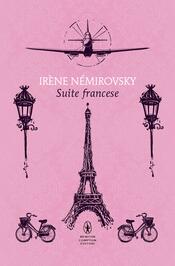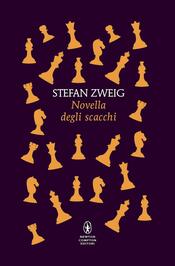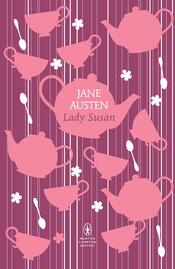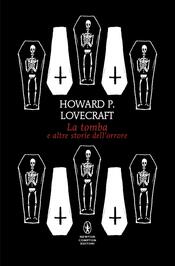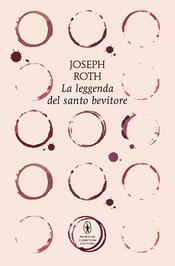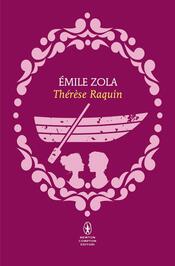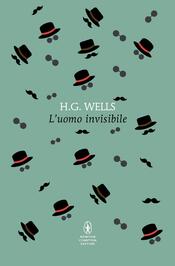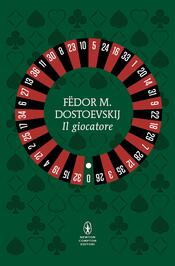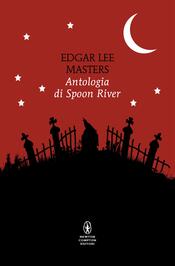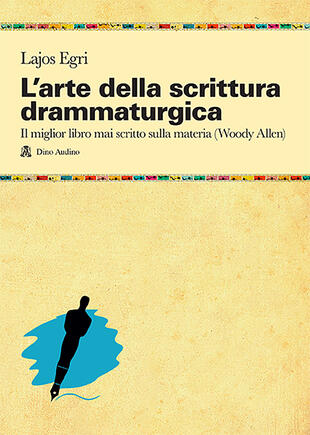

Sinossi
Lajos Egri, ungherese trapiantato a New York negli anni Trenta, ha fatto parte di quella generazione di immigrati europei che hanno contribuito a fare grande il cinema americano. Scrittore e regista teatrale, fu il primo ad affrontare il problema di come analizzare e scrivere un copione in maniera strutturale ma senza regole né formule. Il libro, pubblicato nel 1942, divenne immediatamente un cult-book ed è un testo base ancora oggi nelle cattedre di scrittura creativa di tutte le principali università americane, da Yale a Harvard a Stanford, dalla Columbia di New York all'UCLA di Los Angeles. Nel 1965 era già stato tradotto in diciassette lingue e da allora, dopo la "Poetica" di Aristotele, è rimasto il libro più citato e apprezzato da tutti i grandi maestri della scrittura cinematografica, da Robert McKee a Linda Seger. Un classico di cui, nella prefazione americana del libro, il produttore teatrale Gilbert Miller scrisse: "È la prima volta che leggo un libro che mi dice perché un play non funzionerà in scena, e tutto questo molto tempo prima che io abbia firmato contratti con artisti ben pagati e che abbia messo in moto una produzione che mi costerà quanto una villa a Long Island. [...] La migliore delle molte cose che io posso dire su "The Art of Dramatic Writing" è che da ora in poi l'uomo comune, incluso me stesso, non avrà più scuse [...]. Leggendo il libro di Lajos Egri, saprete perché un romanzo, un film, un testo teatrale, un racconto vi risulta noioso. O appassionante".
- ISBN:
- Casa Editrice:
- Pagine: 189
- Data di uscita: 01-01-2003
Recensioni
I was introduced to this book by Paul Schrader (TAXI DRIVER) when I tried, unsuccessfully, to enroll in a screenwriting course he was teaching one quarter at UCLA Film School. About 50 students crammed into a room meant to accommodate ten, and the first thing he said was: "I'm not admitting any unde Leggi tutto
After reading this incredibly insightful, incredibly lucid book, I really feel that it's a crime that (1) so few people have read this book, and (2) there are so many bad plays (novels, etc.) out there. And it's not even hard to understand! I didn't have to struggle to comprehend the advice or see w Leggi tutto
If there is one book I cite more than Strunk and White's classic The Elements of Style , it is Lajos Egri's relatively obscure gem. I happened upon it thanks to a writer-friend of a writer-friend who took one of James Frey's (no, not that James Frey, may his plagiarizing soul fly to a million little Leggi tutto
In some ways this is a very basic book. But sometimes it is good to be reminded of the simple principles that make book or a play interesting. Good writing may be complex in that it can be read again and again providing newer levels of meaning with each reading. But it need not be complicated. A gre Leggi tutto
This segment is for filmmakers or readers in general who would like to skip some reading. I am collecting books that are no fun to read and stating the essence of it here also telling you why you needn’t read it. This time the book is Lajos Egri’s The Art of Dramatic Writing: Its basis in the creati Leggi tutto
I want to retract what I wrote before. This book makes some important points when it comes to structuring/developing dramatic stories around dynamic characters. I found the style (overly wordy and written in a contrived informal tone, as if the author is ushering you to some holy grail) confused mor Leggi tutto
原理的部分有趣,但談到電視的部分……這是電視還只能直播的時代出的書呢!
One of the 2 or 3 best books i've ever read on writing, and i've read quite a few. Story by Robert McKee is very solid and a must read for film makers, but this book combined with Dara Marks inside story should be read, studied and read again. Everything you want to know about plot and character com Leggi tutto
Ottimo manuale. Spiegato molto bene e soprattutto molto interessante.
Citazioni
Al momento non ci sono citazioni, inserisci tu la prima!




